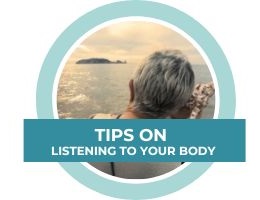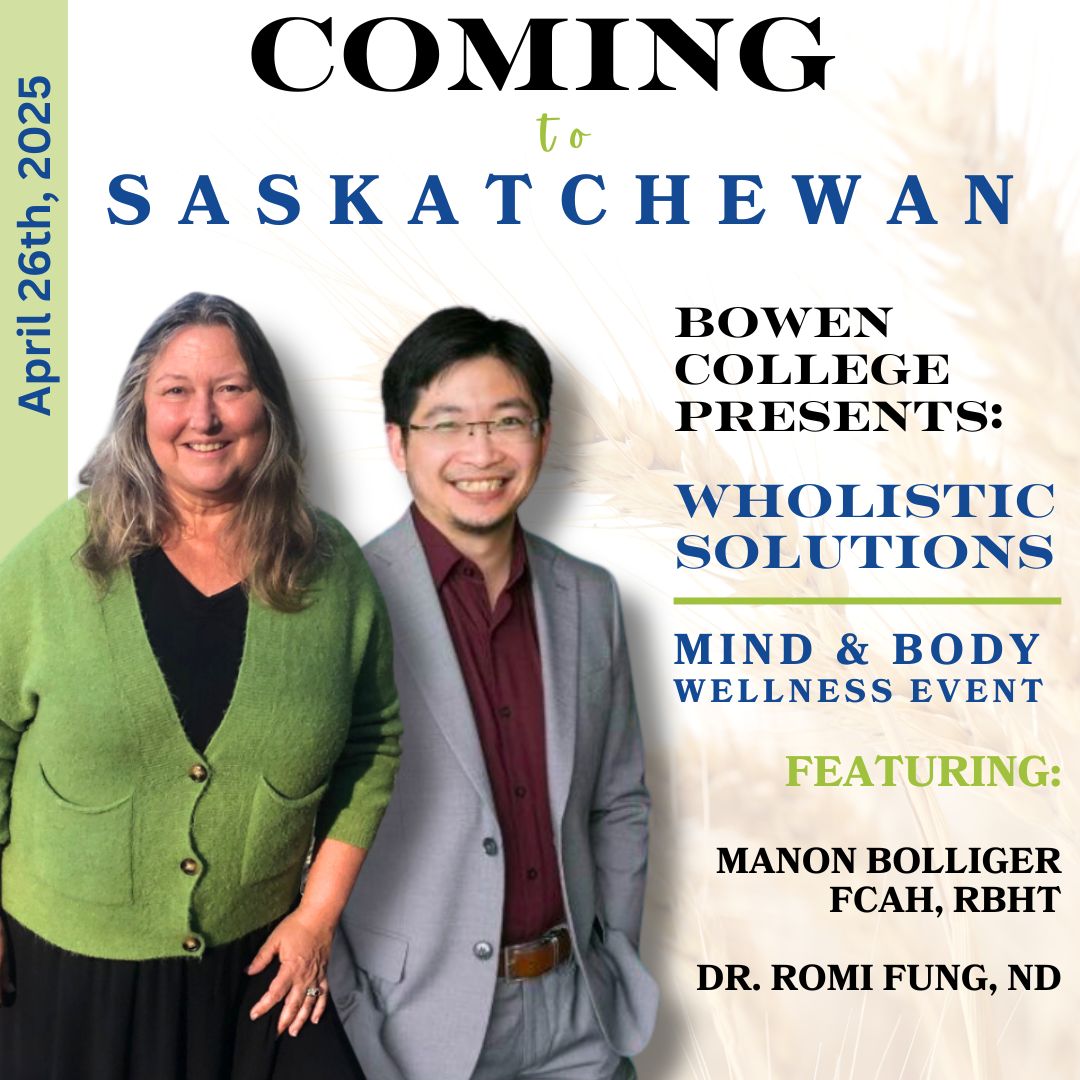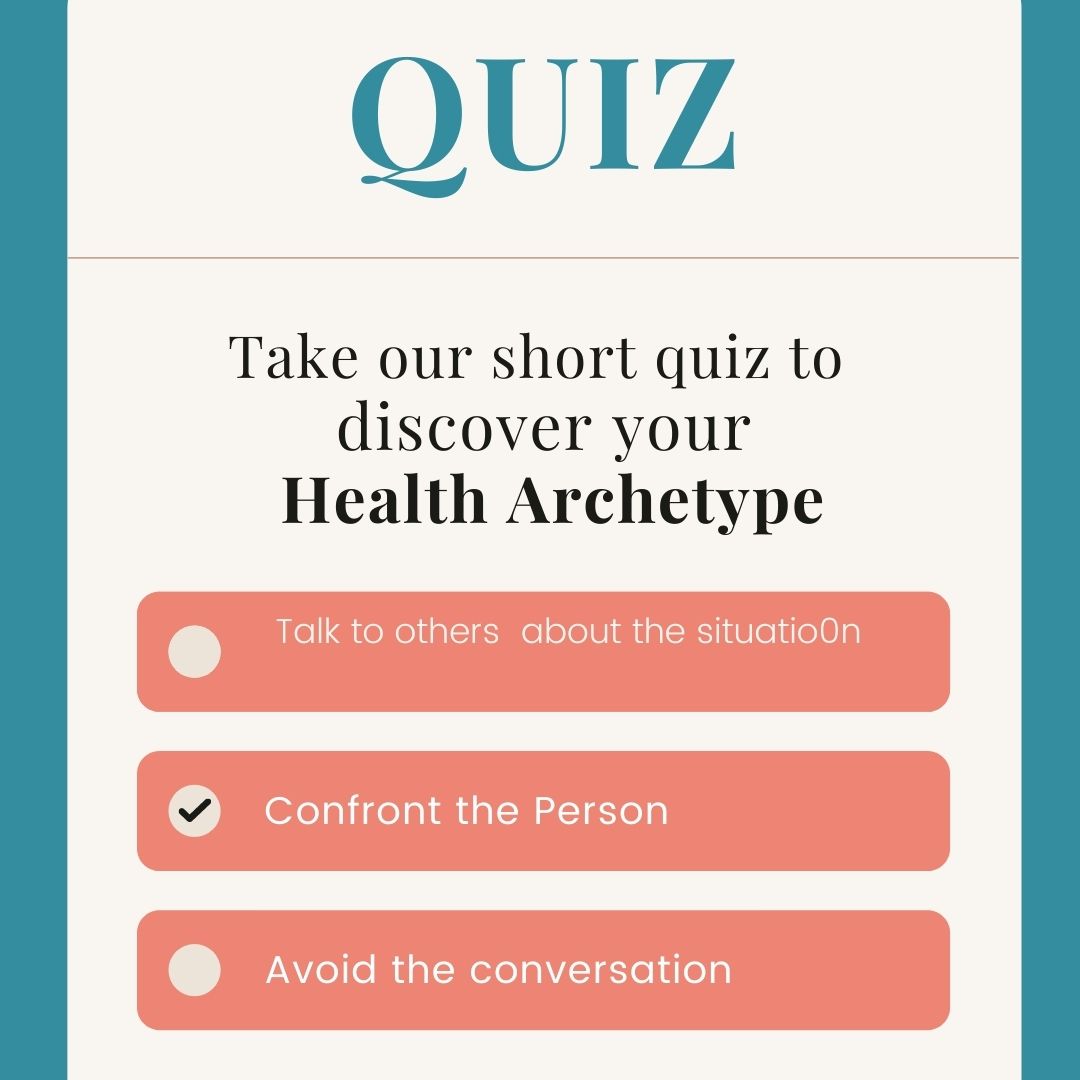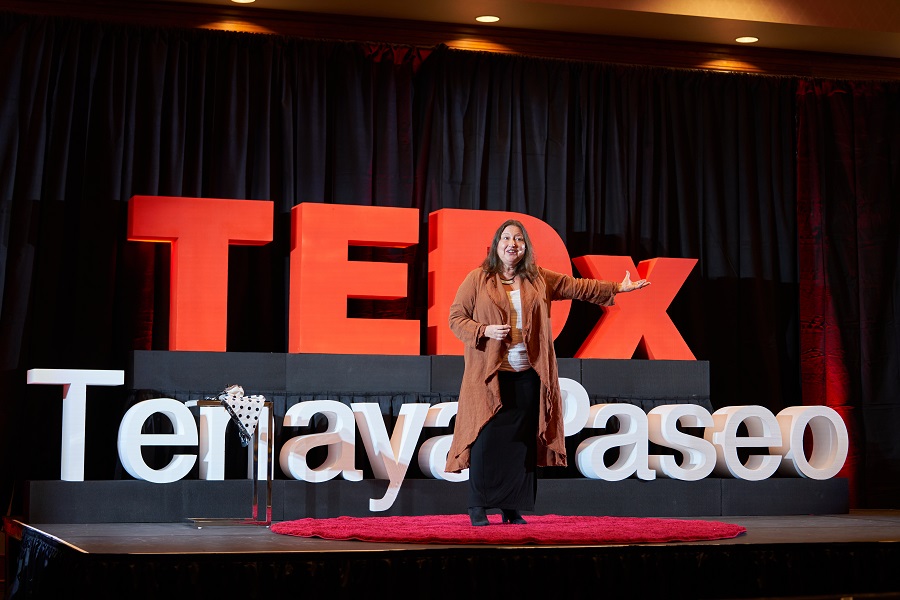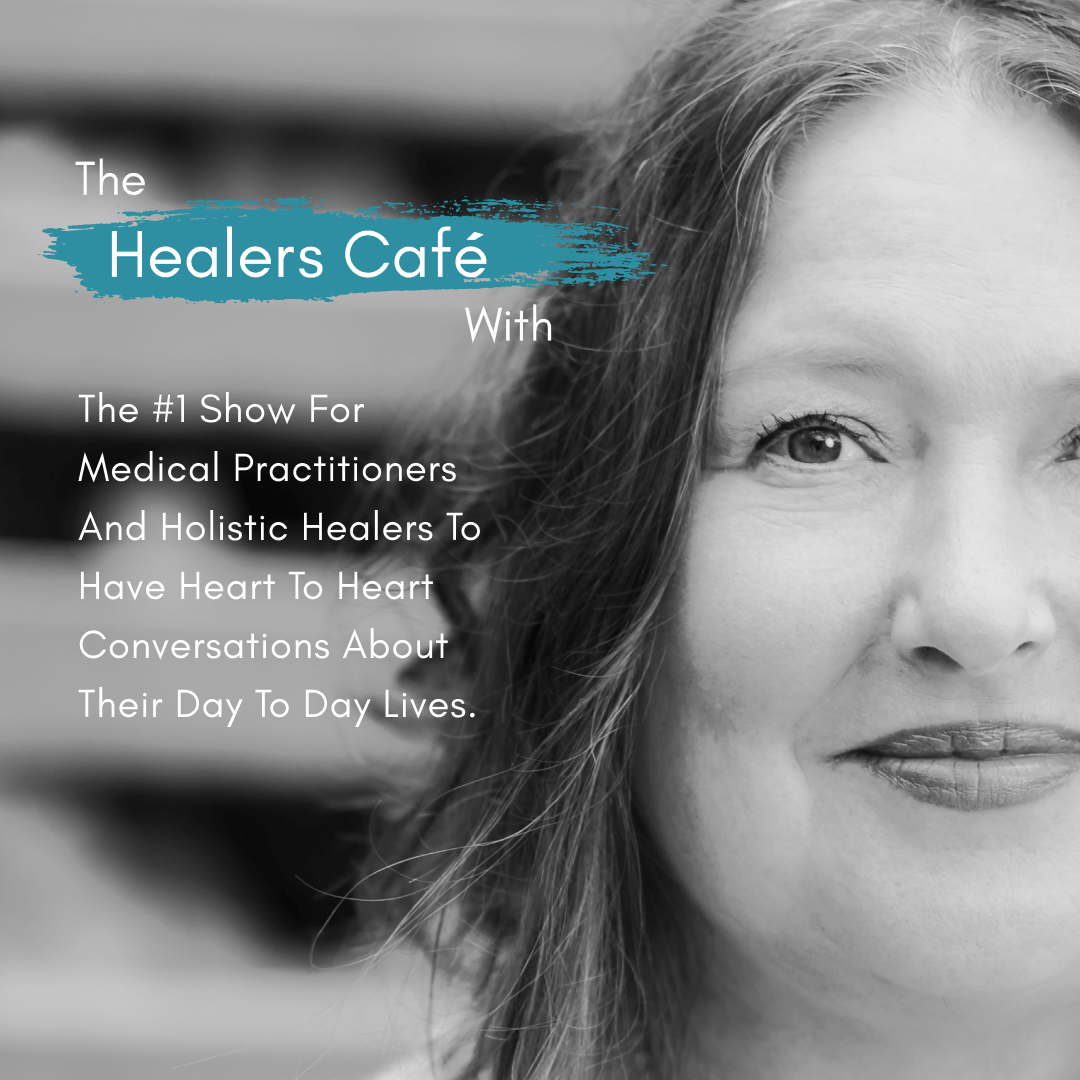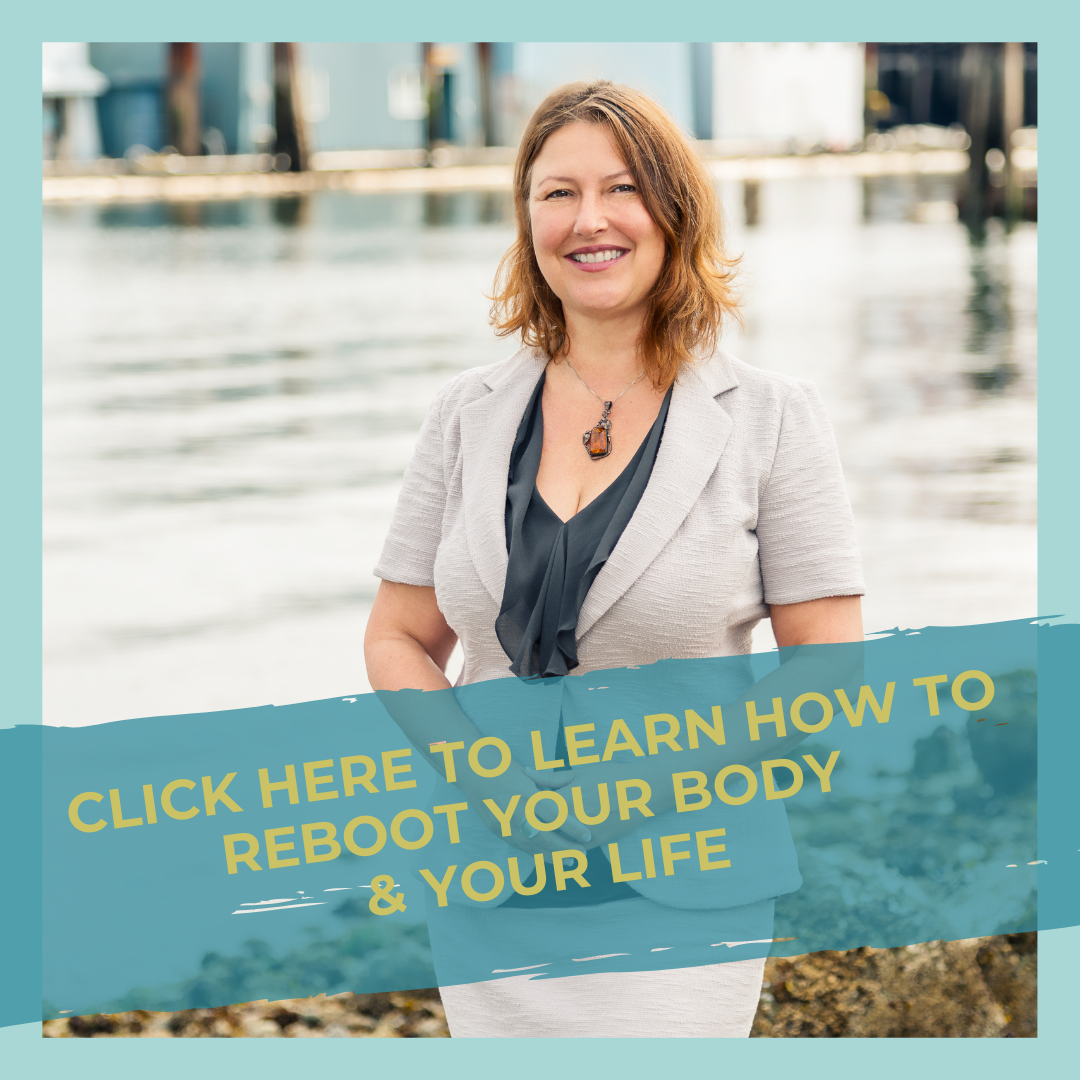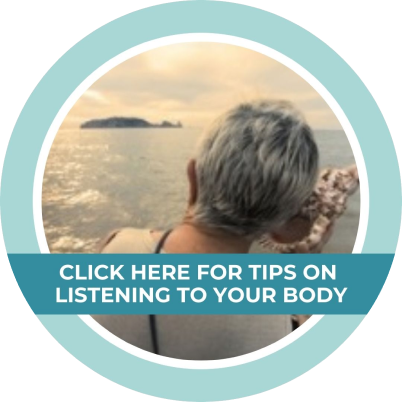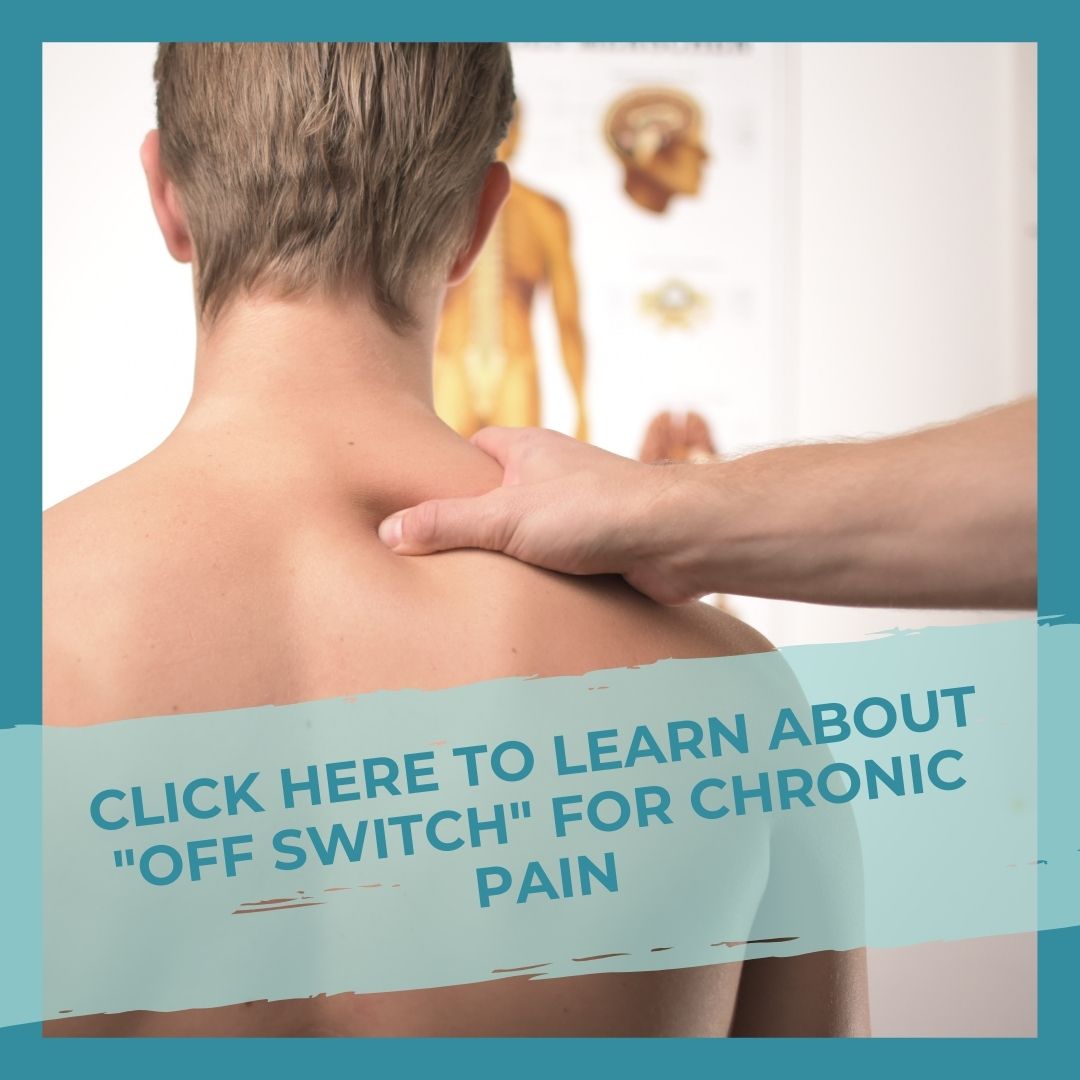
The #1 show for medical practitioners & holistic healers to have heart to heart conversations about their day to day lives.
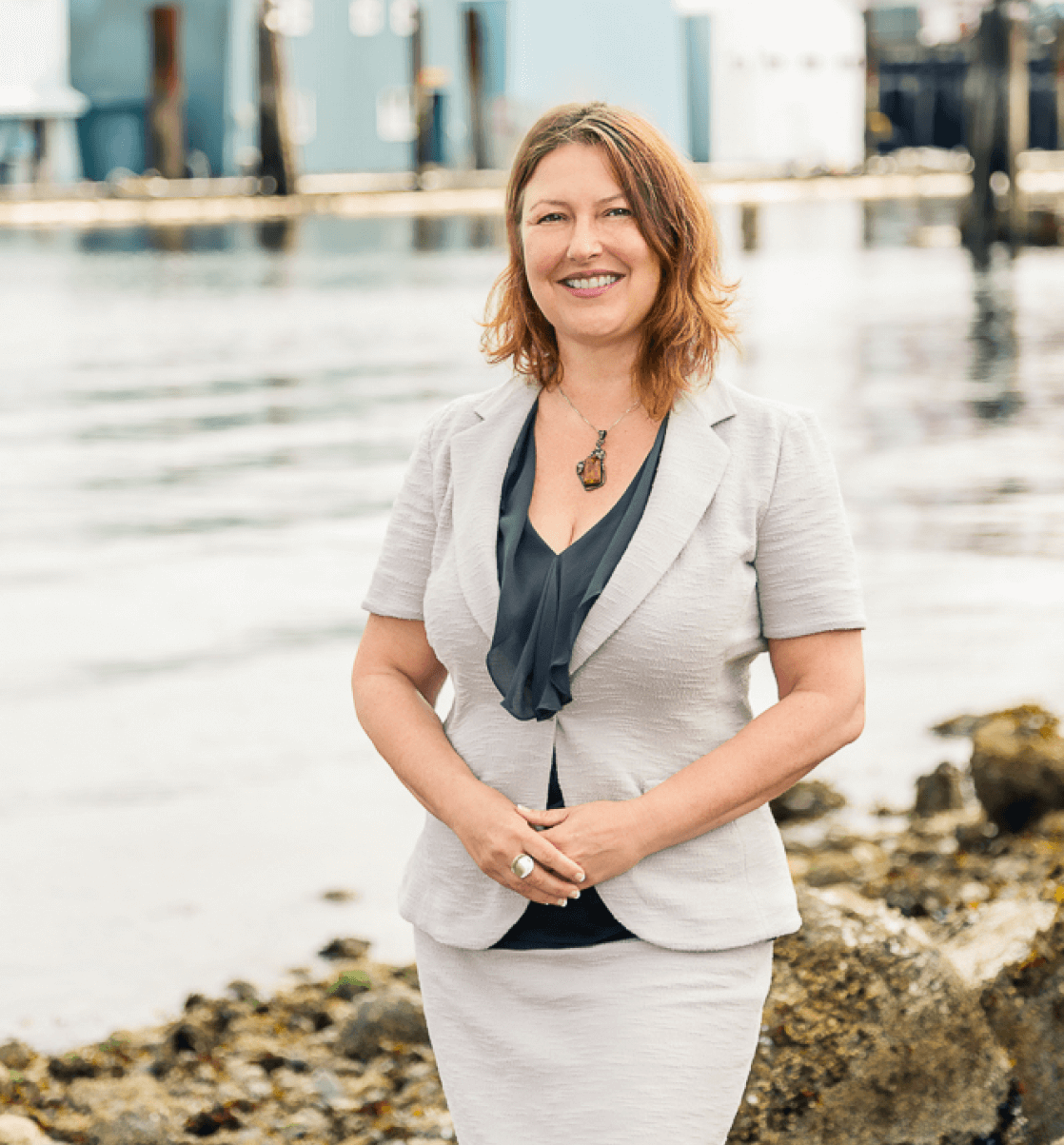
Manon Bolliger (Deregistered with 30 years of experience in health)
iTunes | Google Play | Spotify | Libsyn | iHeartRadio | Gaana | The Healers Cafe | Radio.com | and many more
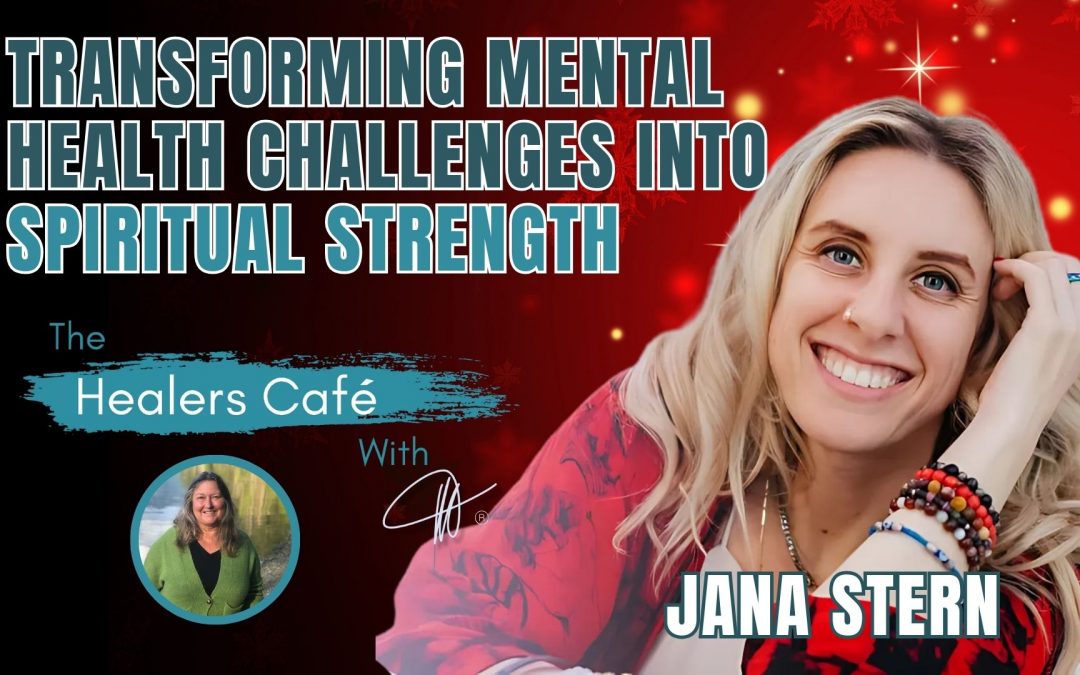
Jana Stern
Transforming Mental Health Challenges Into Spiritual Strength – Jana Stern on The Healers Café
In this episode of The Healers Café, Manon Bolliger, FCAH, RBHT, speaks with Jana Stern about her journey of overcoming mental health challenges, embracing spirituality, and empowering others to tap into their intuition and resilience through holistic and intuitive practices.
Highlights from today’s episode include:
Jana Stern 07:59
Correct. Yeah. And that’s, that’s a lot of what I teach is about like learning to understand what your intuition even feels like. Because we’ve been so classically trained and mind warped and brainwashed to believe that our intuition is wrong, because it usually takes us outside of the norm, right? It takes us away from the pack.
Jana Stern 09:37
Sure, yeah. I think in order to stand up and stand in your truth. Whatever your truth is, it does…it requires a level of resilience. It requires a level of trust in yourself and willingness to go against the grain, like you were saying earlier, swim upstream no matter what.
– – – – –
– – – – –
Manon Bolliger 23:20
I created Bowen College, I teach a natural pain elimination method, and we, we definitely work with, you know, trauma, mind, body, spirit. It’s not a physical therapy, only the way you go through the body, which I think is really amazing.
ABOUT JANA STERN
Jana Stern is a psychic, astrologer, and spiritual activator with over 15 years of expertise and a lifelong connection to her psychic lineage. Born and raised in Toronto, Canada, Jana is part of a lineage of gifted psychics that includes her grandmother and great-grandmother, both recognized for their psychic abilities and deep understanding of astrology. Founder of The Resilience Revolution and host of & I’m Really Into That Stuff” podcast, she empowers clients through tailored spiritual practices. A certified Life Activation™ practitioner, Jana blends metaphysical knowledge with practical tools for transformation. Her mission: to integrate spirituality with mental health to create profound societal change.
Core purpose/passion: My mission is to bridge spirituality and mental health. I believe spirituality is part of how we solve the mental health crisis.
Website | Facebook | Instagram | LinkedIn | Twitter | YouTube
ABOUT MANON BOLLIGER, FCAH, RBHT
As a recently De-Registered board-certified naturopathic physician & in practice since 1992, I’ve seen an average of 150 patients per week and have helped people ranging from rural farmers in Nova Scotia to stressed out CEOs in Toronto to tri-athletes here in Vancouver.
My resolve to educate, empower and engage people to take charge of their own health is evident in my best-selling books: ‘What Patients Don’t Say if Doctors Don’t Ask: The Mindful Patient-Doctor Relationship’ and ‘A Healer in Every Household: Simple Solutions for Stress’. I also teach BowenFirst™ Therapy through Bowen College and hold transformational workshops to achieve these goals.
So, when I share with you that LISTENING to Your body is a game changer in the healing process, I am speaking from expertise and direct experience”.
Mission: A Healer in Every Household!
For more great information to go to her weekly blog: http://bowencollege.com/blog.
For tips on health & healing go to: https://www.drmanonbolliger.com/tips
SOCIAL MEDIA:
– Linktr.ee | Rumble | Gettr | Facebook | Instagram | LinkedIn | YouTube | Twitter |
About The Healers Café:
Manon’s show is the #1 show for medical practitioners and holistic healers to have heart to heart conversations about their day to day lives.
Subscribe and review on your favourite platform:
iTunes | Google Play | Spotify | Libsyn | iHeartRadio | Gaana | The Healers Cafe | Radio.com | Medioq | Audacy |
Follow The Healers Café on FB: https://www.facebook.com/thehealerscafe
Remember to subscribe if you like our videos. Click the bell if you want to be one of the first people notified of a new release.
* De-Registered, revoked & retired naturopathic physician after 30 years of practice in healthcare. Now resourceful & resolved to share with you all the tools to take care of your health & vitality!
TRANSCRIPT
Introduction 00:00
Welcome to the Healers Café. The number one show for medical practitioners and holistic healers, to have heart to heart conversations about their day to day lives, while sharing their expertise for improving your health and wellness.
Manon Bolliger 00:17
Well, welcome to the Healers Cafe, and today I have with me, Jana Stern, she’s all about the resilience revolution, and that is a six month coaching journey in a group setting designed to facilitate personal and spiritual resilience through tailored coaching and holistic health techniques. Now she has a lot more when I say that’s all there’s to it, but that is certainly one of the focuses that we’re going to talk about here. But she has been a psychic and astrologer, a spiritual activator with over 15 years of experience and has a lifelong connection to her psychic lineage. She’s actually born in Toronto, Canada, and well, let’s stop with all of that, and let’s welcome you here. Thank you so much. I’m really thrilled to ask you, well, how did it all start? First of all, how did, how did you know? How you know, like, what’s, what was the journey of the first discoveries?
Jana Stern 01:30
Yeah, you know, I believe that mental health and spirituality are these, like, deeply enmeshed things, and that’s because I grew up with a father who was mentally unwell, and so I experienced that firsthand through him. And then went on my own journey of blocking out my psychic gifts. I could always hear crystals as a child, and I could hear gift. I could hear spirit communicating, and it was very invasive, and it turned out that hearing voices was not a good thing in some circles, and so I started to block it out. And in doing so, went through my own journey of deep, dark mental health issues, eating disorders, you know, depression. They diagnosed me bipolar. Then they were like, no, just kidding. It’s actually this other thing called borderline personality. And then they were like, maybe it’s not that. They put me on this crazy journey of trying to find the right medications. And in that process, I kind of gave up, fed up, and swallowed a bunch of pills, had a little journey to the other side for 11 minutes, and came back and was like, Wait a minute. Hold on. I’m here for a reason, and I the reason is to actually talk about the things that I…that most people didn’t want to talk about, certainly, you …..
Read more...
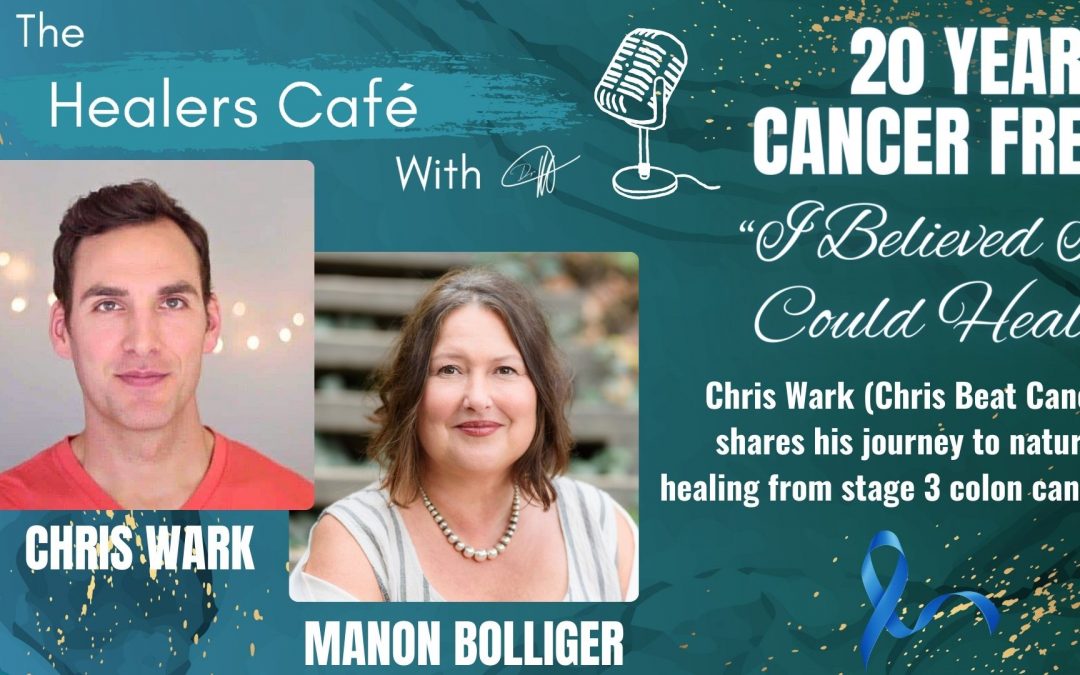
Chris Wark
20 Years Cancer Free “I Believed I Could Heal” – with Chris Wark on The Healers Café with Manon Bolliger
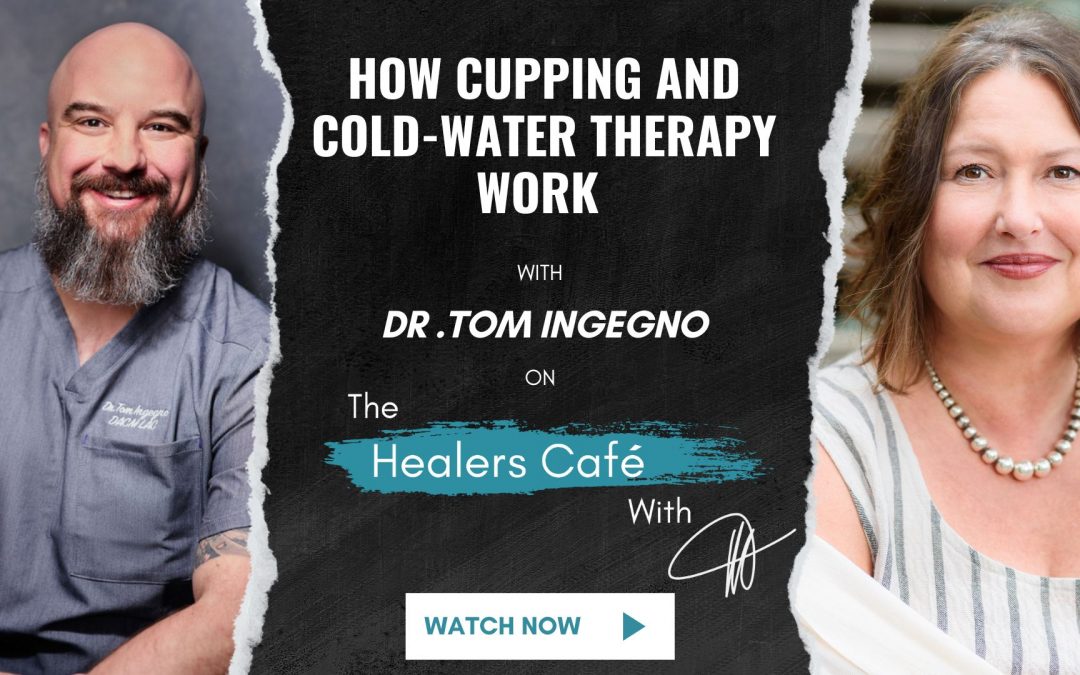
Dr. Tom Ingegno
How Cupping and Cold-Water Therapy Work with Dr. Tom Ingegno on The Healers Café with Manon Bolliger
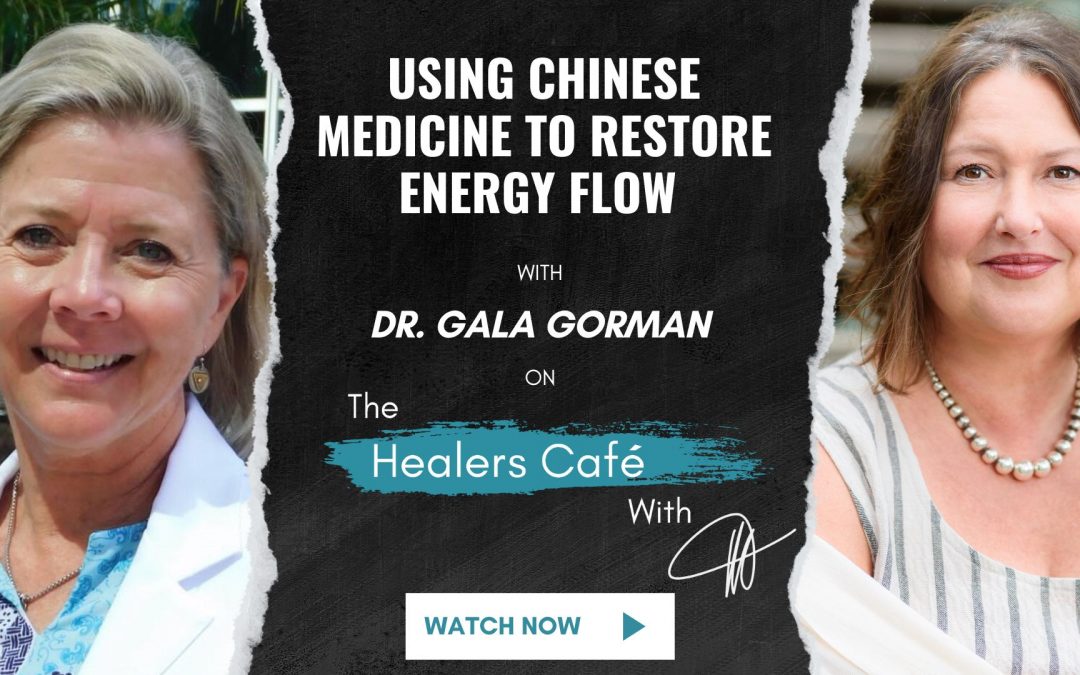
Dr. Gala Gorman
Using Chinese Medicine to Restore Energy Flow with Dr. Gala Gorman on The Healers Café with Manon Bolliger
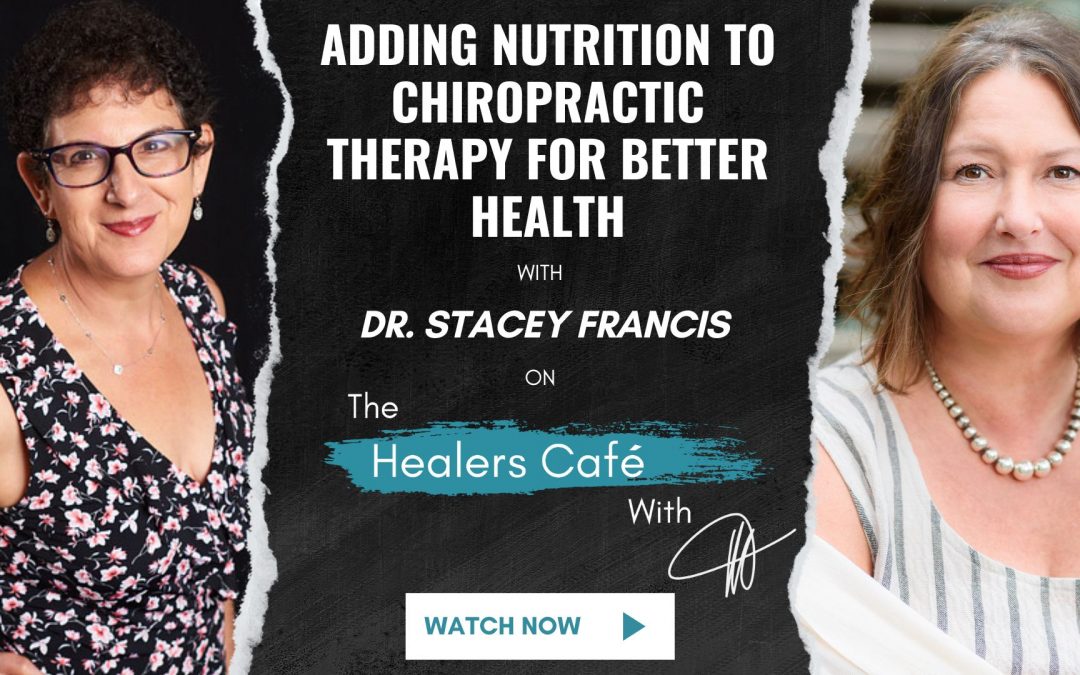
Dr Stacey Francis
Adding Nutrition to Chiropractic Therapy for Better Health with Dr. Stacey Francis on The Healers Café with Manon Bolliger
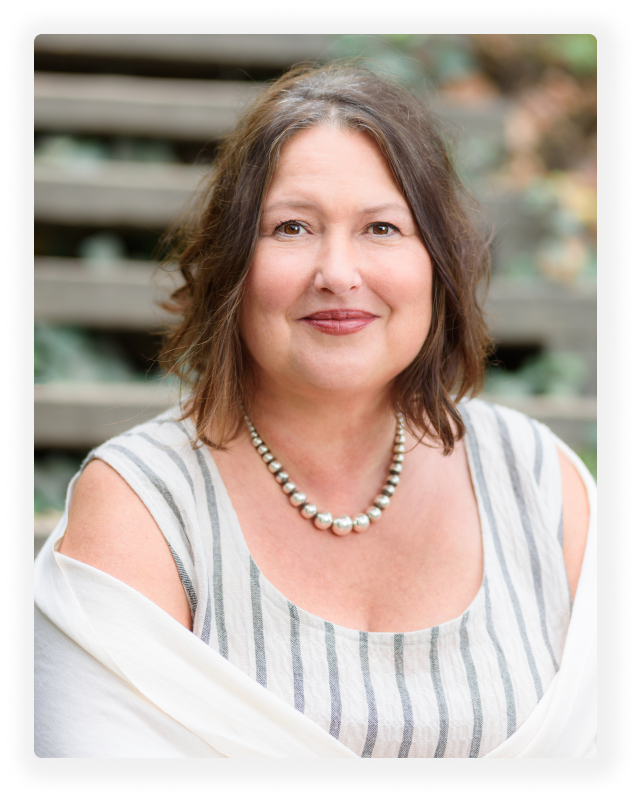
A Better Way To Connect With People
Manon is a newly retired Naturopathic Doctor, the Founder of Bowen College, an International Speaker, she did a TEDxTenayaPaseo (2021) talk “Your Body is Smarter Than You Think. Why Aren’t You Listening?” in Jan 2021, and is the author of 2 Amazon best-selling books “What Patient’s Don’t Say if Doctors Don’t Ask” & “A Healer in Every Household”.
FollOW MANON ON SOCIAL MEDIA
Manon Bolliger, FCAH, RBHT
Facilitator, Retired naturopath with 30+ years of practice, Business & Life Coach, International & TEDxTenayaPaseo (2021) Speaker, Educator, 2x Best Selling Author, Podcaster, Law Graduate and the CEO & Founder of The Bowen College Inc.
* Deregistered, revoked & retired naturopathic physician after 30 years of practice. Now resourceful & resolved to share with you all the tools to take care of your health & vitality!
![]()
